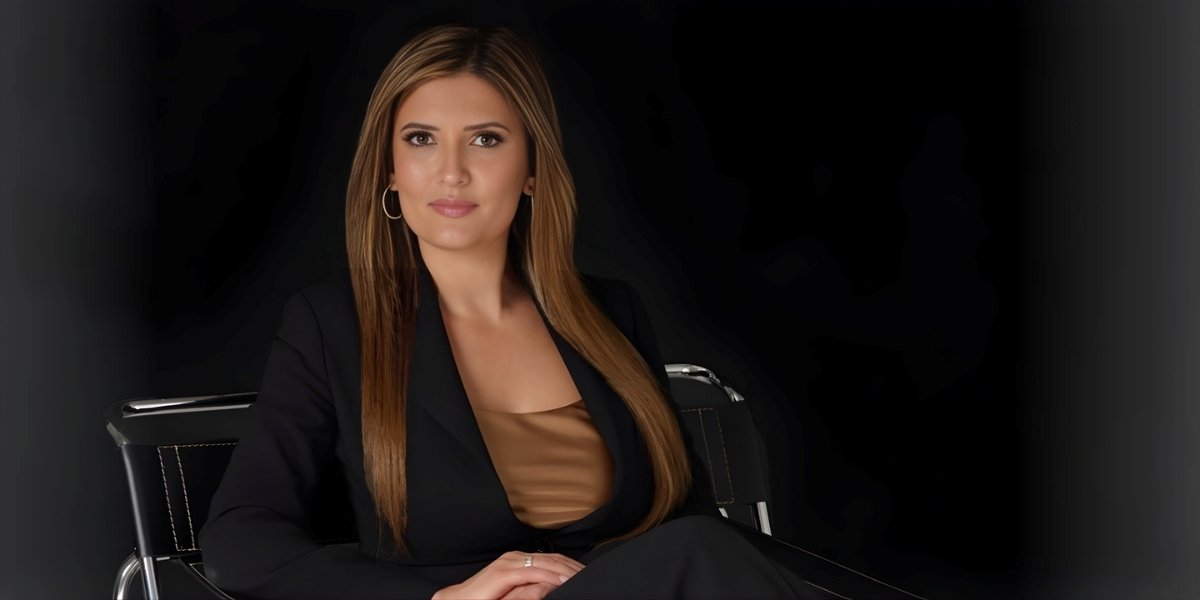By: Vanilla Heart Publishing
The intersection of art and activism has long served as a powerful medium for addressing social challenges. Cinema, with its capacity to blend storytelling and visual artistry, has become an increasingly vital platform for exploring and amplifying marginalized narratives. This intersection has given rise to filmmakers who leverage their craft to provoke thought and ignite dialogue. Among these figures is Alton Willoughby, whose career as an actor and producer reflects a commitment to elevating socially relevant themes through film.
Willoughby’s career has been marked by a focus on projects that delve into complex societal issues, including identity, marginalization, and the human condition. With a filmography that includes Killing Frisco and The Heart of a Woman, Willoughby has carved out a space in the entertainment industry that emphasizes the importance of authentic representation and the exploration of underrepresented voices.
Early Career and Transition to Production
Alton Willoughby started his entertainment career in the early 2000s, specifically with acting. He began with minor roles and gradually moved on to experience many film and television projects; through these, he gained an understanding of storytelling firsthand and the collaborative nature of filmmaking. Participations, such as those for Phat Girlz in 2006 and The Rideshare Killer 2022, indicated versatility in playing other genres that firmly placed him within the lists of versatile actors.
However, through his production journey, Willoughby was able to explore more deeply into stories of social issues. He became a producer to have the opportunity to create such works. SPI Productions LLC, which he established, has been crucial in helping bring his creative work to life. The company became a venue for projects that will educate, challenge, and uplift the audience.
Notable Projects: Killing Frisco and The Heart of a Woman
Among the films of Willoughby, one of his prominent works is Killing Frisco, which shows complexities in the lives of city people, their identities, and their strength. The movie carries themes of current social issues. In Killing Frisco, Willoughby proved that he can handle a storyline that makes the audience introspective and knowledgeable.
The other important film Willoughby directed is The Heart of a Woman. Based on Toni Newman’s memoir, I Rise: The Transformation of Toni Newman, this movie delves into the world of escorts and the transgender, with their attendant struggles. Willoughby, one of the producers of this project, emphasizes his passion for telling the kind of stories that break up our societal normative expectations of what people ought to be. The adaptation of Newman’s memoir into a screenplay demanded a delicate approach to make the story accurate and effective.
Balancing Acting and Production Roles
In addition to working behind the camera, Willoughby continues to be an actor. These two roles do not always easily coexist; the demands of acting and producing are often at odds with one another. Willoughby’s approach reflects adaptability and dedication to his craft. His experience as an actor complements his production work, offering a unique perspective on projects. Focusing on character development and plot direction shapes a well-structured final product.
Thematic Focus and Social Impact
At the core of Willoughby’s work lies a commitment to using film as a tool for social commentary. His projects frequently focus on identity, diversity, and systemic inequalities, allowing audiences a wide-ranging lens to peruse these topics. He highlights marginalized voices and continues a broader conversation about representation and inclusion in the entertainment industry.
Beyond the screen, Willoughby’s work goes into impact. The Heart of a Woman, among other films, is an entertainment and educational film on the realities that transgenders face and their lives within the escort industry. The use of this double-edged purpose of storytelling—both to educate and raise consciousness—is one of the central tenets of socially conscious filmmaking.
As entertainment continues to evolve, filmmakers like Willoughby will likely play a more critical role in developing narratives that interrogate but further enlighten, challenge perceptions of things, and help better understand current issues and situations. Through themes such as identity, diversity, and systemic inequities addressed in his films, Willoughby’s work contributes to enlarging the conversation on the issue of representation and social change.
Published by Stephanie M.















